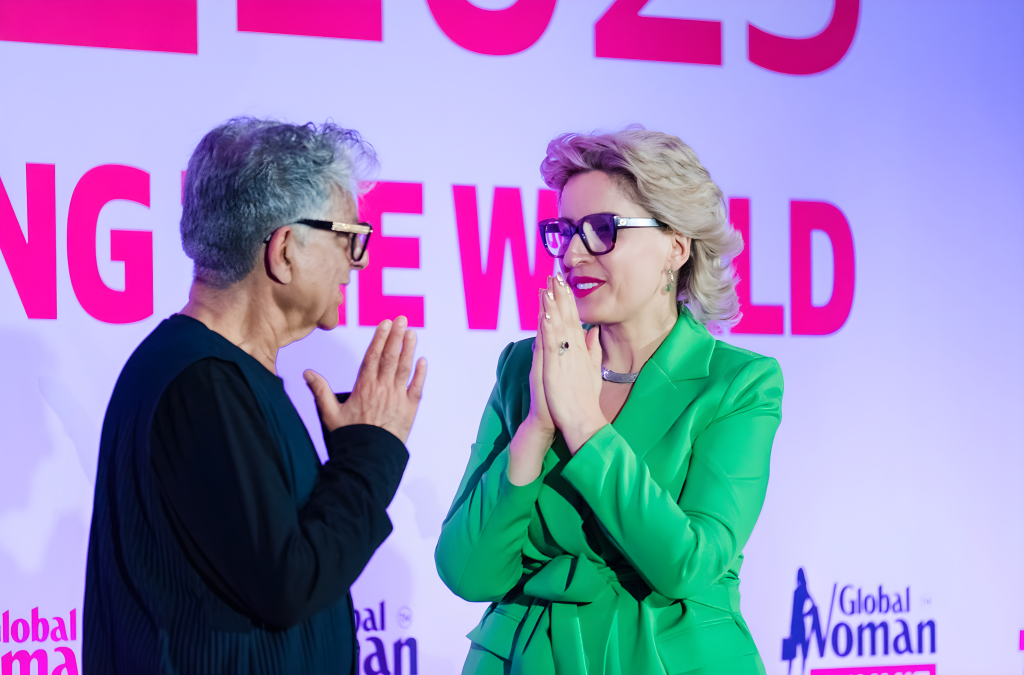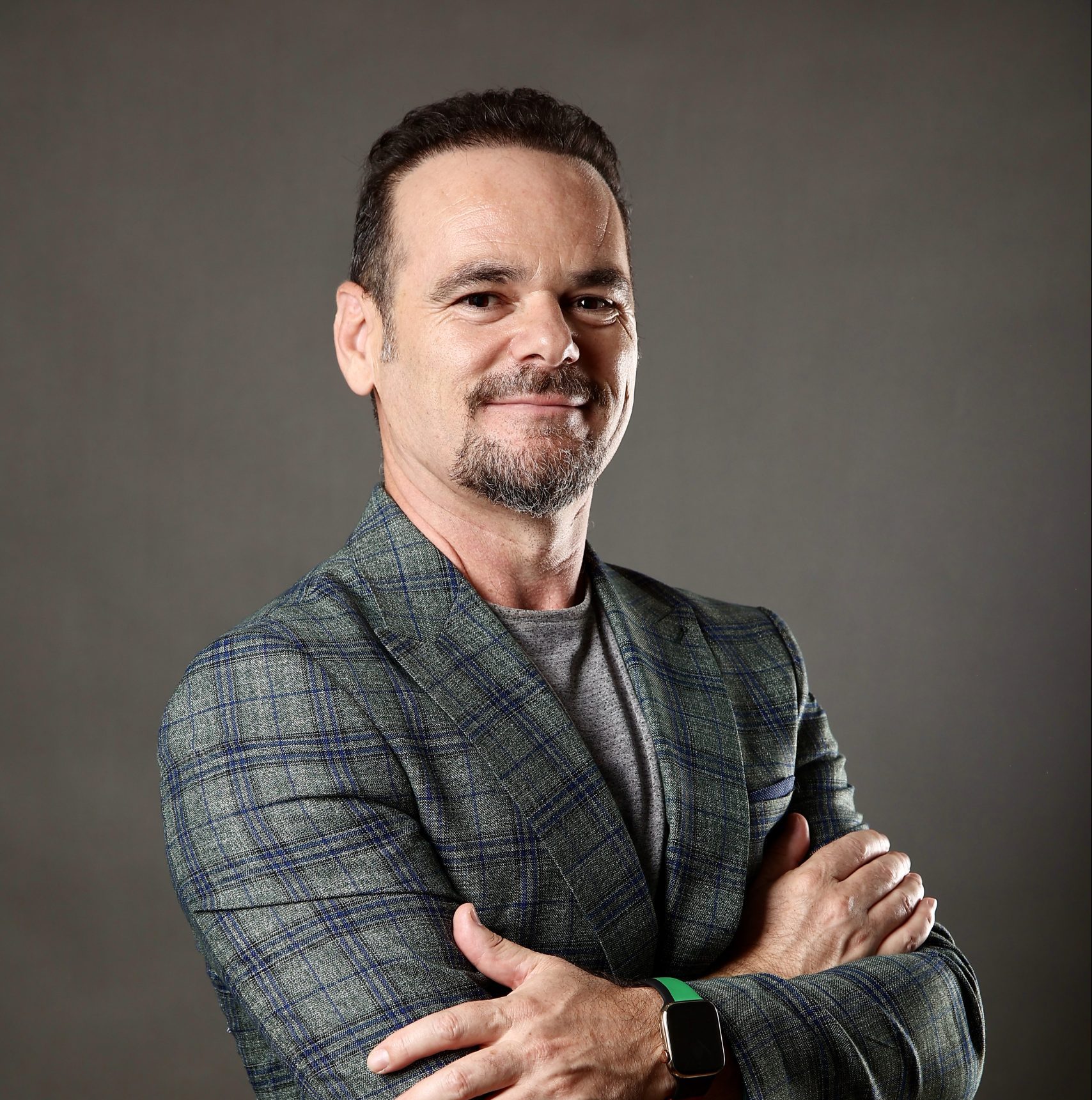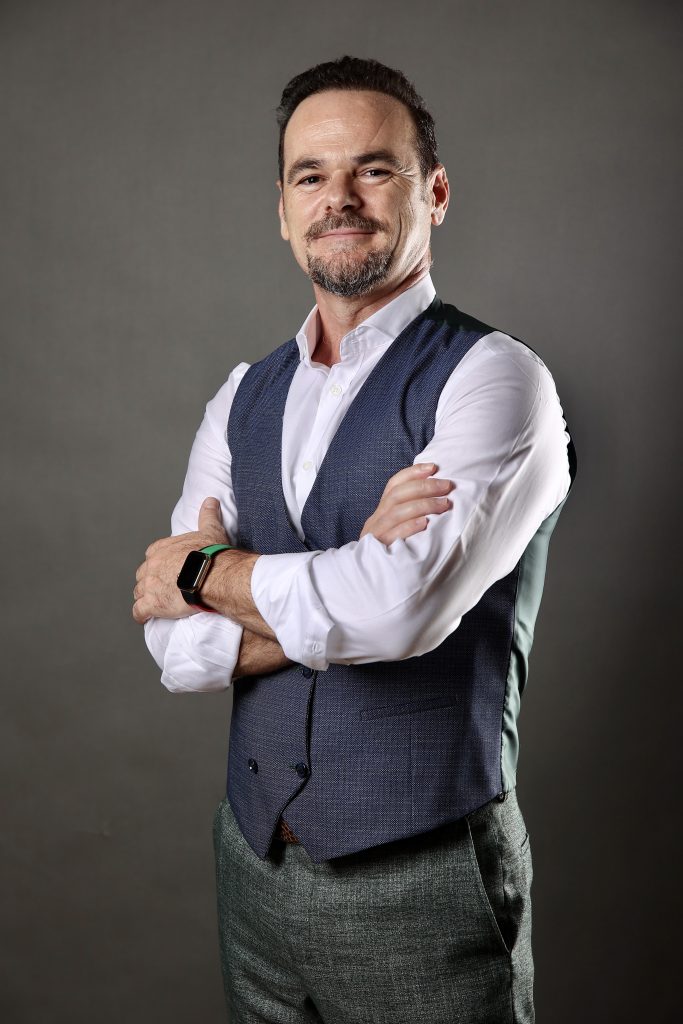Interview by Mirela Sula
In a world that is constantly changing and facing numerous challenges, the resurgence of Divine Feminine energy holds great significance. Renowned authority Dr. Chopra explores the transformative power of this energy, which helps shift us away from predatory male energy towards qualities like empathy and cooperation – qualities essential for addressing global issues. This interview delves into harnessing the Divine Feminine’s attributes in leadership, examining the seven Goddess archetypes and empowering women with diverse talents to collectively drive positive change. Drawing inspiration from luminaries such as Oprah Winfrey, Dr. Chopra highlights the importance of self-reflection in achieving success while navigating multifaceted roles. Ultimately, it presents a compelling vision of a harmonious and inclusive world where financial well-being aligns with personal values and passions.
[ez-toc]
Can you please share your insight on the current rise of the divine feminine energy and why it is considered to be of great importance in our world today?
The rise of the Divine Feminine is significant because it represents a shift away from the dominant, predatory male energy that has shaped our history. This shift is essential as we face numerous global challenges, including climate change, violence, and more. The Divine Feminine embodies qualities like nurturing, empathy, and cooperation, which are necessary for our survival and a more harmonious world.
In the context of leadership, how can the qualities and principles associated with the Divine Feminine be harnessed and utilized in a positive and effective manner to inspire and guide individuals and organizations towards a more harmonious and inclusive future?
Effective leadership can be achieved by embracing the acronym “LEADERS”: Look and listen deeply, develop emotional intelligence and empathy, cultivate awareness, set smart goals, empower oneself and others, take responsibility, and create synchronicity. These principles, when applied, lead to a more harmonious and inclusive future by promoting empathy, compassion, and collective empowerment.
Would you please share and explain the concept of the seven Goddess archetypes and offer guidance on how those here can access and embody these archetypes in their lives for personal growth and empowerment?
The seven Goddess archetypes represent different facets of the Divine Feminine. They are:
- Hera (leader),
- Mother (nurturer),
- Athena (wisdom and culture),
- Aphrodite (love and creativity),
- Artemis (nature and conservation),
- Persephone (healer and alchemist),
- and Hestia (homemaker).
It’s possible to relate to multiple archetypes, but identifying your major strengths is key. By recognizing your dominant archetypes, you can align with your true self and find people who complement your strengths to create a harmonious balance.
For women who feel a strong connection to multiple archetypes and possess diverse talents, how can they navigate their journey effectively while embracing their multifaceted nature?
Women with diverse talents and connections to multiple archetypes should focus on their major strengths while appreciating their multifaceted nature. By identifying and prioritizing their dominant archetypes, they can lead more effectively and seek collaboration with others who complement their skills. This way, they can navigate their journey with balance and purpose, using their various talents to create a harmonious and fulfilling life.
How can women harness their multifaceted talents and archetypes to contribute positively to their communities and the world as a whole?
Women can harness their multifaceted talents and archetypes to make positive contributions by recognizing their unique strengths and finding alignment with their passions. They should collaborate with others who have complementary skills to address community and global challenges. By embracing their diverse talents and archetypes, women can create a more inclusive, compassionate, and harmonious world.

In a world where women often juggle various roles and responsibilities, what advice do you have for them to maintain a sense of balance, well-being, and inner harmony?
Finding balance, well-being, and inner harmony is essential for women juggling multiple roles. They should prioritize self-care, practice mindfulness, and set boundaries to prevent burnout. Embracing their archetypal strengths can also help them align their actions with their true selves, fostering a sense of balance and fulfilment in all their endeavours.
How can women collectively harness their strengths and diverse talents to create a more peaceful, just, sustainable, healthier, and joyful world?
Women can collectively create a better world by recognizing their collective strengths and diverse talents. They should come together, share their visions, and collaborate across different areas of expertise. By focusing on shared goals, practicing empathy and compassion, and leveraging each other’s strengths, women can drive positive change and contribute to a more peaceful, just, sustainable, healthier, and joyful world.
In your experience, Dr. Chopra, what qualities, and archetypes have led to the success of powerful female leaders like Oprah Winfrey?
Oprah Winfrey embodies several powerful archetypes. She’s a storyteller, a nurturer, and a builder. She listens to and validates people’s stories, which has been key to her success. She’s also a feminist and focuses on empowering marginalized women, making her a role model for many.
How can women who identify with the mother archetype and aspire to be leaders navigate the apparent contradiction between these roles effectively?
Embrace the contradiction and ambiguity. Paradoxes are sources of creativity. Being a mother and a leader can coexist. Oprah Winfrey herself is a motherly figure to many and a successful leader. It’s about finding a balance and understanding that people want to tell their stories. Listen and validate them, and you can succeed in both roles.
You mentioned the importance of validation and listening to people’s stories. Can you elaborate on how this approach can contribute to success, as Oprah exemplifies?
Validation and active listening are keys to success. Oprah’s ability to genuinely listen and validate people’s stories has made her a remarkable storyteller and a successful journalist. When you focus on what you can do for others, it can lead to great success.
Oprah Winfrey also engages in philanthropic work, such as educating thousands of children in South Africa. How does her nurturing and giving nature contribute to her impact and influence?
Oprah’s nurturing and giving nature is a significant part of her impact and influence. She has nurtured thousands of children in South Africa, showing that being a nurturer and a leader can go hand in hand. Her philanthropic efforts align with her values and empower others, making her a role model for many.
In the discussion, you touched upon the idea of embracing contradiction and ambiguity. How can this approach benefit individuals and organizations striving for success?
Embracing contradiction and ambiguity is essential for creativity. Without paradoxes and conflicts, there’s no room for growth and innovation. It’s crucial for individuals and organizations to embrace these challenges, as they often lead to breakthroughs and unique solutions.
During the meditation session, you explored the concept of “Who am I?” and encouraged self-reflection. How can this practice help individuals in their personal and professional growth?
Self-reflection, as practiced in the meditation, can lead to self-awareness and personal growth. It helps individuals understand their true selves and their desires. Knowing oneself is crucial for making aligned choices in both personal and professional life.
You mentioned the importance of financial well-being as part of overall well-being. How can individuals achieve financial security while also pursuing their passions and values, as discussed in the conversation?
Achieving financial security while pursuing passions and values requires aligning your work with your purpose. It’s about finding ways to contribute to the world while also ensuring financial stability. This balance can be achieved by understanding what success means to you and recognizing that true success includes financial well-being alongside other aspects of life.






